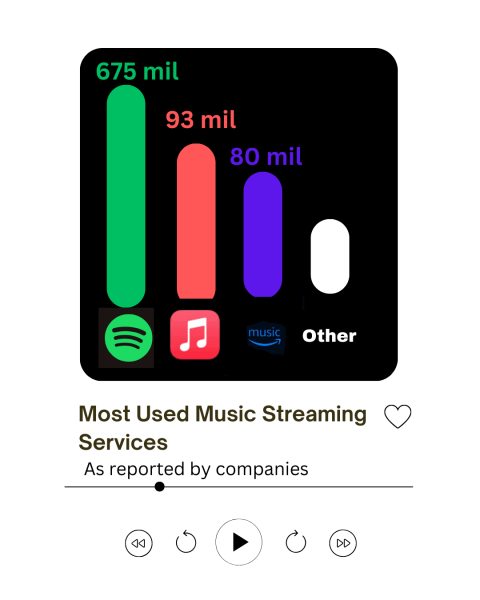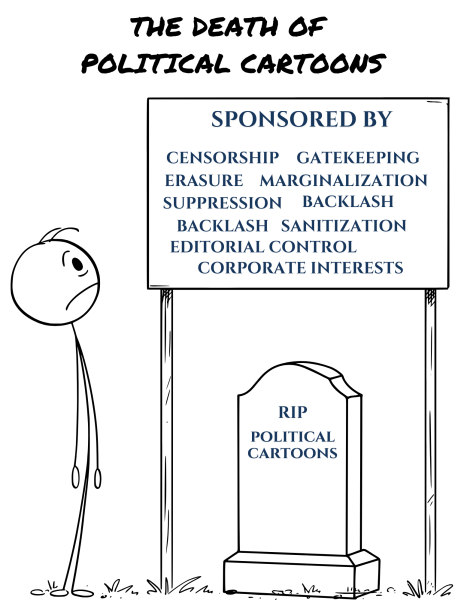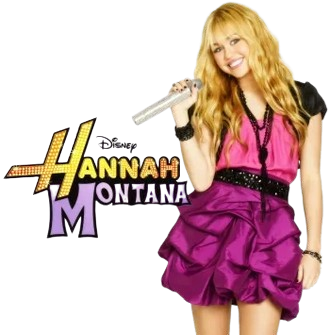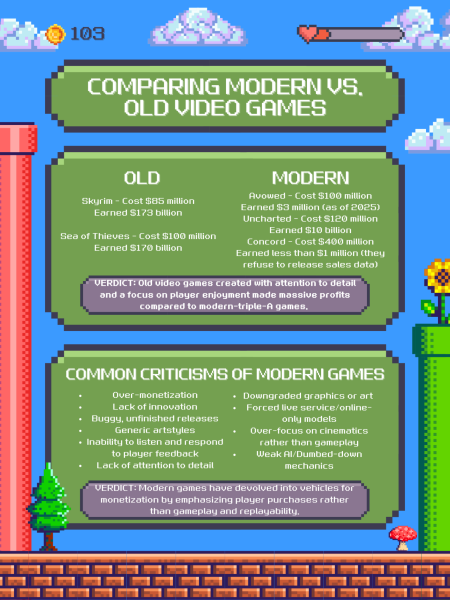“Avengers: Endgame” and the glory of the MCU (A spoiler free review)
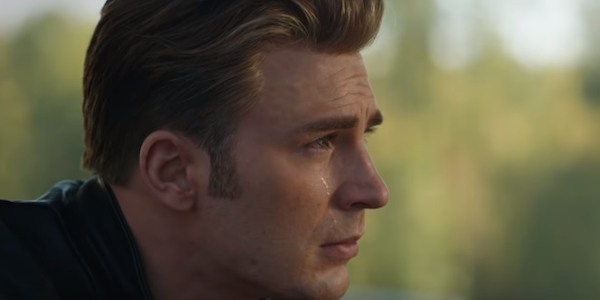
Captain America (Chris Evans in “Avengers: Endgame’ (Marvel)
With “Avengers: Endgame,” the Russo Brothers have once again delivered a heart-wrenching emotional roller coaster of a movie that ties together the massive universe in a way that leaves audiences in tears.
With half of the universe’s population gone, the remaining Avengers must come to grips with their failure to stop Thanos. The theme of failure and loss permeates and haunts the entire movie, creating a film that makes you scared to blink for fear that you might miss something. The opening sequence of the film sets the tone for the entire movie and creates a sense of confusion. This is not the movie you thought it would be — it’s better.
One of the main attractions of the film is the numerous callbacks to previous films and even the comic book source material. Imagery straight from “Captain America #25,” the best selling Marvel comic of 2007, is used and perfectly executed. The movie wasn’t as groundbreaking or satisfyingly subversive as its predecessor “Infinity War,” but it does act as an extremely satisfying conclusion to an extremely satisfying story.
Near-perfect acting, amazing storytelling and meticulous attention to detail in the cinematography and directing create a cultural cinematic experience we haven’t seen since Luke Skywalker took to the silver screen.
The Marvel Cinematic Universe (MCU) is perhaps the defining film experience of our decade. Marvel hasn’t made a bad movie since “Thor 2.” The studio has maintained an astounding level of consistency. Most film franchises would kill to have two or three critical hits, but Marvel has only had two or three critical misses out of 23 films, and compared to the competition at the time, “Thor 2” and “Hulk” were huge steps up. At its lowest, Marvel is bland and uninspired, but it’s never incomprehensibly awful like the DC Extended Universe or X-Men Universe. Marvel has managed to make 22 films in a row without an abysmal failure. Pixar couldn’t even manage that.
Marvel movies are about more than just stopping an evil bad guy. They all contain emotional storylines that focus on the growth and interaction between well-developed characters. Even more impressive is the different style and execution that each director brings to the table. The Russo Brothers (“Winter Soldier,” “Civil War”) create a grounded, serious tone that feels real, which is extended by the hand-to-hand style of the action. Ryan Coogler (“Black Panther”) takes us to a new world within the MCU. James Gunn (“Guardians of the Galaxy”) presents a well-fleshed out world that expands the universe and enhances the emotional and storytelling capabilities of the MCU. Jon Watts and “Spiderman: Homecoming” gives us a look at what normal life is like for non-superpowered people within the world. It’s not all gods and monsters; this is a movie about average people living in a world where superheroes are real.
Even the characters that are used by multiple writers and directors — and the interpretations that each person brings to them — have growth and arcs that maintain continuity. The character growth in these movies, and how consistent and pronounced they are, is incredible.
Including “Endgame,” but not including the “Incredible Hulk,” Tony Stark has appeared in nine MCU movies. His growth is well-documented and heartfelt. Tony Stark is a huge jerk in the first two Iron Man films and “The Avengers.” Once he goes through the wormhole in the latter film, however, he isn’t the same. He becomes crippled with anxiety at the mere thought of Thanos retaliating. Tony is still trying to be his old jokey self in these movies but he is now saddled with a darker undertone to his character; he is motivated by his fears rather than his selfishness. The consequences of “Avengers: Age of Ultron” turn him into a character not motivated by selfishness or fear, but by guilt. “Civil War” is driven by Tony’s guilt for accidentally creating a monster. He is now a man exhausted of fighting and crippled by the moral ambiguity of his own violent actions. The events of the movies and the overarching story have changed him in a real and believable way. Four different filmmakers, Jon Favreau, Joss Whedon, Shane Black and the Russo Brothers, managed to give Tony Stark a consistent and emotional story.
Character development, consistency and cohesiveness all take place within the MCU, which is not the singular vision of any one person. The little details and moments of callbacks and foreshadowing really pay off. Tony is traumatized by space at the end of “The Avengers” but at the end of “Infinity War,” he is stuck in space with no hope of rescue. Steve repeating lines that meant something in his past take on an even larger meaning in his present. T’Challa cradling his dead father in his arms during “Civil War” is repeated for Killmonger in a movie made two years later. Tony tells Peter, “if you die, I feel like that’s on me,” leading to the biggest gut punch of “Infinity War’s” finale. The interaction in “Doctor Strange” between Strange and Mordo where Doctor Strange is told that “there is no other way” is repeated with gut-wrenching emotion in “Infinity War.”
No other franchise can give you chills when you rewatch an older movie and hear a line you had forgotten about. No other franchise has ever had this strong of a plan. No other franchise can go on for 23 films and keep its audience invested in its characters. During this 11-year journey, people have come to care so much about these characters and their struggles, their fears, their insecurities and triumphs.
“The Guardians of the Galaxy:” a group of misfits who come together to form their own family. They bicker and argue because it’s the only way they know how to behave. They act out and try to sabotage their relationships because they believe they are unworthy of love and will only end up alone in the end.
Peter Quill: a man forced to shoot the woman he loves and going through with it because to him, her needs are more important than his desire to be with her.
Thor: an eternal hero who has lost everything, from his trusty weapon, to his lifelong home, to the people he swore, and failed to protect, to every last one of his family members. He has nothing left save a chance to spare the rest of the universe from a similar fate. When he finally gets that chance, he succumbs to his desire for vengeance and vanity above his desire to save the universe.
Peter Parker: a child who gives up a magical night with his friends and the girl of his dreams because he knows there is something he can do to make a difference and that with great power comes great responsibility. That same child, alone and trapped with no one to save him, finds the strength and will within himself to continue to fight for no other reason then it being the right thing to do.
Killmonger: a man forced to live in a world that stigmatizes his very existence, despite being the prince of a utopia he cannot be a part of. His journey to extract vengeance consumes and warps him into a killing machine with no concern for anyone, only a desire for an oppressive world to be burned down. His cause being thwarted, he has nothing left to live for. Black Panther, the same man who previously stopped another bloodthirsty monster from committing suicide, allows Killmonger to die in peace.
Iron Man: a pessimist who continues fighting despite how hopeless things look. He turns from a man driven by selfishness and vanity to an emotionally scarred wreck who believes that the burden of protecting everyone rests solely on his shoulders, to a guilt-stricken, broken man who tries reverse his disastrous legacy. His worst fear is realized when everyone around him dies, including his beloved surrogate son.
Captain America: an optimist who laid down his life to save the world and returned in a time where everyone he knows is either dead or gone. A man who loses trust in the institutions that he dedicated his life to and learning that the only way to win the fight is to take matters into his own hands. This scrawny kid from Brooklyn who was told he would never make a good soldier goes toe-to-toe with the most powerful being in the entire universe. And survives.
These characters mean so much to so many people, including myself, because we’ve watched them grow beside us for 11 years. The MCU has become a masterwork that allows for comic book characters to strike a chord with millions of people around the globe (many of whom have never touched a comic book). With an extremely satisfying ending in “Avengers: Endgame,” the MCU has been one of the most impressive and emotionally fulfilling universes to touch the silver screen.



